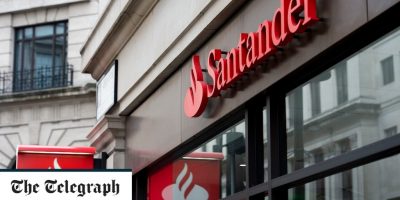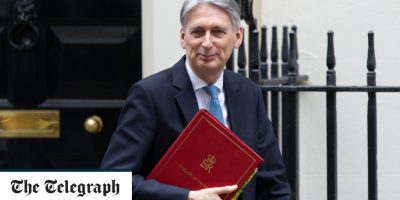Savers chasing the best rates could be in for a surprise tax bill, as using best-buy accounts can quickly cause taxpayers to exceed their annual personal savings allowance.
Analysis conducted by Zopa, the peer-to-peer lending firm, found that savers did not need large sums to breach the allowance of £1,000 for basic-rate taxpayers and £500 for those who pay the higher rate.
The latter group are most likely to receive an unexpected tax bill if they chase the most attractive savings accounts. A higher-rate taxpayer using the Family Building Society Premium Saver account, which offers a best-buy 1.51pc interest rate, would need to save just over £33,000 to breach the £500 annual interest allowance.
For every pound saved over that amount, the saver would be subject to tax at 40pc on the interest earned.
Zopa estimated that as many as five million people could face a shock tax bill over the next five years. As savers grow their cash balances, more will be caught by this tax trap. Savers can avoid a potential tax liability by saving, or investing, in an Isa. However, for cash savers, Isa returns have typically been much lower than on ordinary accounts.
Tom Adams of Savings Champion, which monitors savings rates, said: “One of the reasons that savers have turned away from the cash Isa in recent years is the gap between the rates on the top cash Isas and standard savings accounts.
“However, the gap has narrowed over the past 12 months. There is now barely a difference between the top easy-access cash Isa and standard easy-access account.”
For savers who breach the personal savings allowance, HMRC will apply a different tax code the following year to reclaim the sum owed. The self-employed are expected to declare income from interest in their annual tax return.
Mr Adams urged savers to use cash Isas as their primary savings vehicle. “If savings rates continue to improve, the personal savings allowance will be breached by an even lower balance,” he warned.
























Comments